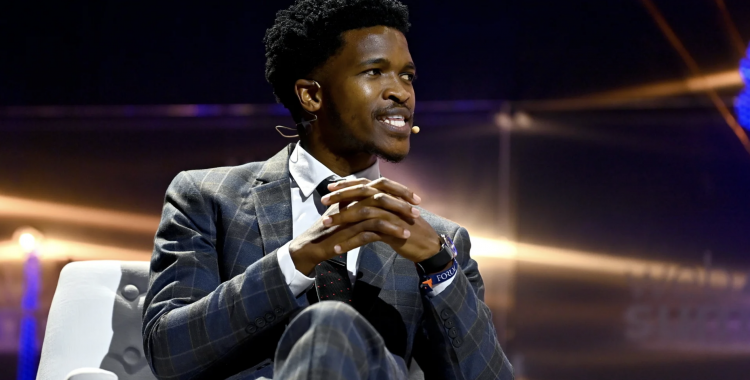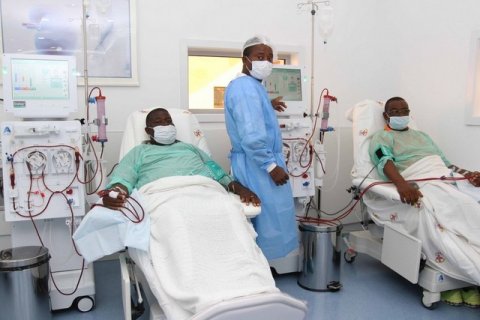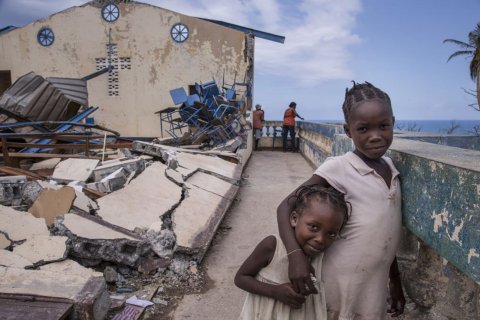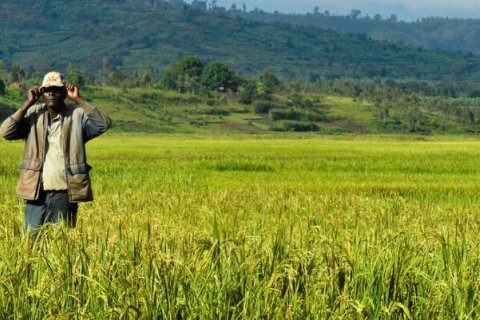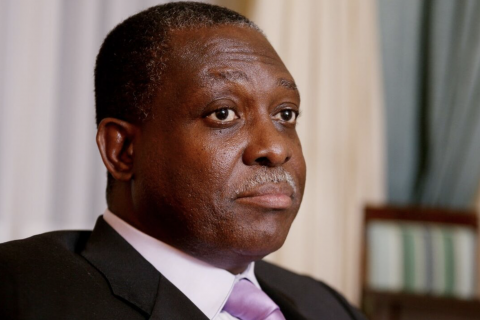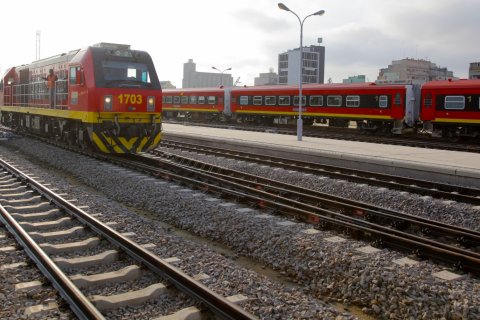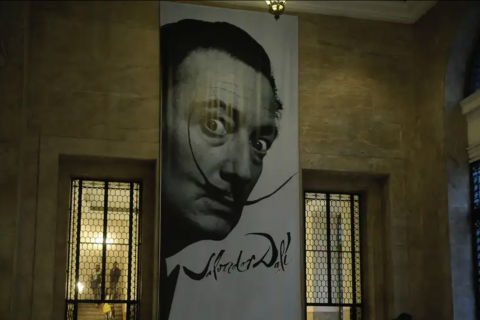"We have to build and strengthen the institutions of State in Africa. When a government is corrupt, or misappropriates public funds, we have to have institutions that hold it accountable, that do the scrutiny and correct the bad governance or criminal management of those who exercise power in the only then will we consolidate democracy," said the great-grandson of former South African President Nelson Mandela, speaking to Lusa on the sidelines of the Web Summit.
The activist participated in the technological summit taking place in Lisbon on behalf of the Canadian organization Journalists for Human Rights.
"We do not have institutions that facilitate governance in most African countries. For example, we do not have courts or parliaments capable of prosecuting the corruption of their leaders or the injustices to which they submit their people", stressed "Madiba" Mandela, as well as the activist is known.
Urged to say if that was how he would describe the justice of countries like Angola, for example, the activist refused to particularise. "In Angola and in the rest of the African countries the problem is the lack of capable State institutions. The courts sew along the lines provided by those who lead, instead of remaining impartial and in the true defense of justice. That is what happens in Zimbabwe, Uganda, Kenya," he said.
In fact, "this is why" South Africa is better off than many African countries, said Mandela. "Because from the beginning, even during the 'apartheid' regime, the focus was on building the state and its institutions. So today, we are witnessing the arrest of a former president [Jacob Zuma]. Because we have a justice system that works", he considered.
In this context, he is challenged to explain the extensive and violent riots in South Africa triggered by the arrest of Jacob Zuma in July - sentenced to a 15-month prison sentence for refusing to testify before a commission of inquiry investigating the capture of the state for massive public corruption during his presidential term, between 2009 and 2018 - the activist said that "Africans have reasons to blame themselves".
"We are guilty as Africans. It is correct to attribute many of the injustices we find in Africa today to the legacy of colonialism. I am talking about injustices related to 'apartheid', injustices related to slavery, but we cannot just blame those systems," said Siyabulela Mandela.
The Journalists for Human Rights director for the continent added: "We have to blame our leaders and ourselves as Africans because we vote to put them in power and we refrain from deposing them when they are corrupt or we are faced with the mismanagement of public funds and not only do we refrain from removing them from power, we defend them".
"Africans are poor, but Africa is not poor. The African continent is rich in natural resources, it has immense wealth. Africa is poor because it chooses to be poor, leaders sell our countries to powers like China, the United States, the United Kingdom, the European Union. So we are to blame. We consistently defend corrupt leaders rather than defying them, rather than voting for their replacement," Siyabulela Mandela continued.
Now, what happened recently in South Africa - the people on the street in violent defense of Jacob Zuma's refusal to the fullest to face justice - "is a typical example of what happens in the rest of Africa, where corrupt leaders are defended by the very citizens who harm", concluded the activist.
Lusa asked Mandela on "what credit it gives" to the judicial process involving Isabel dos Santos in Angola and how the process involving the daughter of former Angolan President José Eduardo dos Santos compares with what is happening in terms of justice in Africa from the South, but the activist declined to elaborate, claiming to "ignore" the process.
"On Angola, I reiterate what I said, we need to build credible institutions that defend justice and advance with an agenda of justice, social justice, and guarantee it in most African countries. I don't know enough about the subject to answer about justice issues related to Isabel dos Santos," he said.
"What I say and reiterate is that we need to build credible institutions that defend justice and human rights in most African countries," he stressed.
Siyabulela Mandela also admitted that he was "not aware of what is happening in Mozambique", in addition to knowing that the radical group Islamic State "has been conducting several operations in the north of the country", in Cabo Delgado province, but he insisted on "voting" "that the African Union [AU] takes the problem seriously".
"We need a robust intervention from the AU as well as the Southern African Development Community (SADC), as a regional power, to deal with the situation in Mozambique," he advocated.
"Because the Islamic State is managing to advance in several countries, and, if nothing is done, it may be able to destabilize the entire southern region of Africa, as it has already achieved in the regions of North and Central Africa," reinforced Siyabulela Mandela.
Mandela's great-grandson further stressed that "if Mozambique is left alone, it will not be able to defeat the Islamic State."

